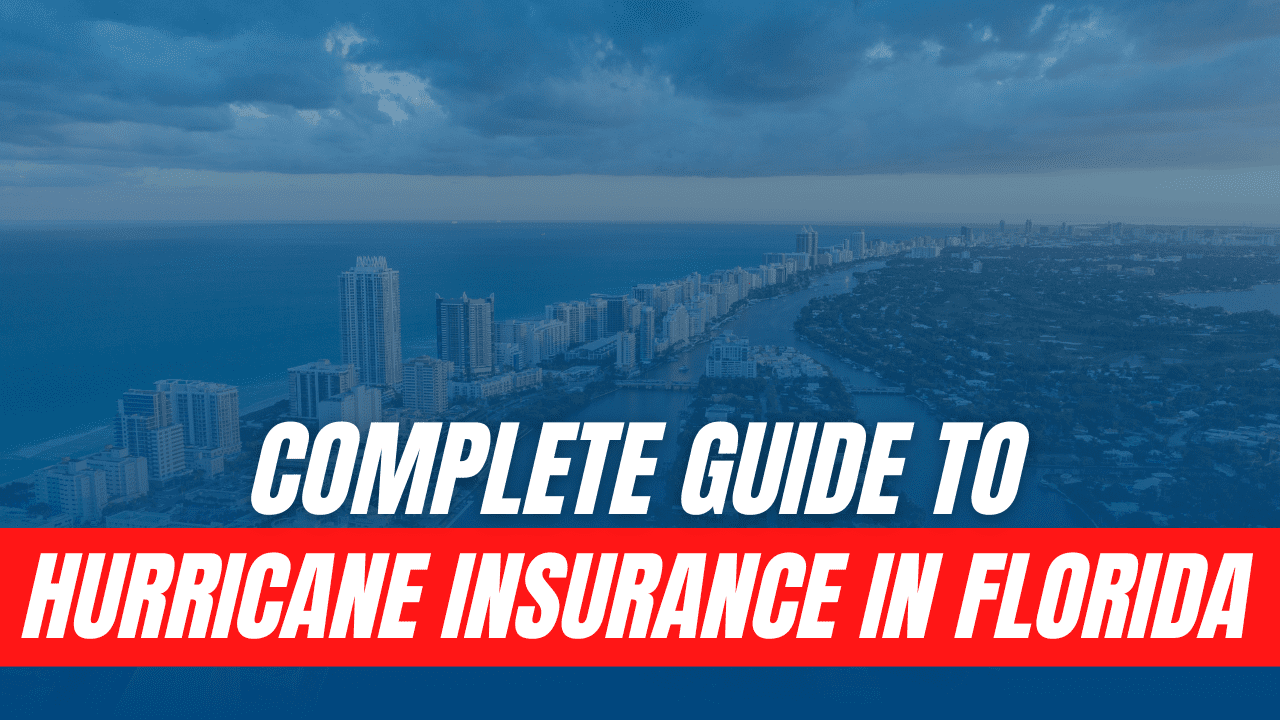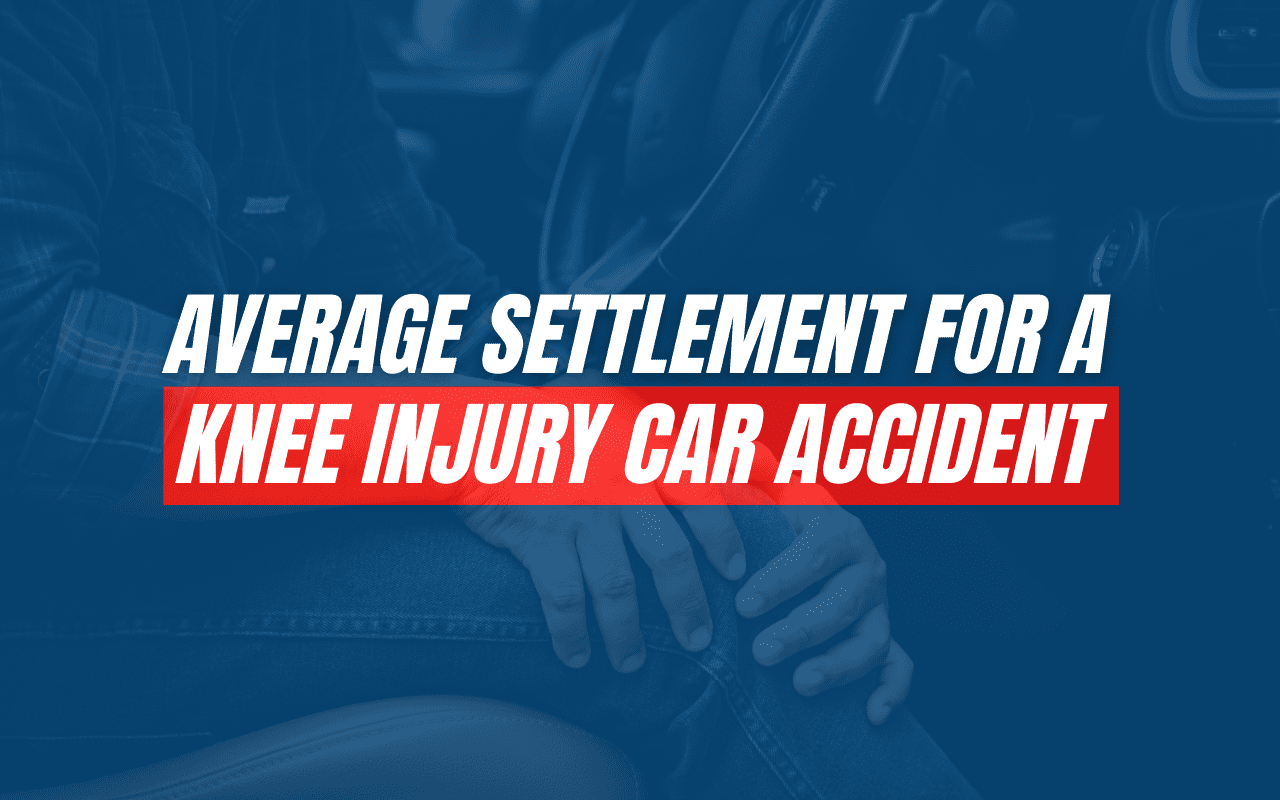
Complete Guide To Hurricane Insurance In Florida
Hurricane Insurance In Florida: What You Need To Know
As a Floridian or someone who owns a vacation home in Florida, you’re likely familiar with hurricane season. This annual event runs from June 1st to November 30th and is when homeowners have to be on high alert for storms. To prepare, they must gear up their homes against the forceful winds, pack an evacuation bag, and leave for safety.
But what about protecting your home from the hurricane, whether you choose to stay or evacuate? Hurricane shutters will help deflect the storm away from vulnerable windows, but other parts of your house need protection too. That’s where Florida hurricane insurance comes in. We’ve compiled some of the most important information to understand as it relates to hurricane damage insurance in Florida.
Is Hurricane Insurance Required in Florida?
If you own a house or condo in Florida and have a mortgage on it, hurricane insurance is required by the state government. This policy is bundled into Florida homeowners, condo, and landlord insurance policies at the time of purchase.
When you purchase an insurance policy in Florida, it will likely already include windstorm insurance. The only exception is for renters; although all renters insurance policies in Florida cover property damage to the tenant’s belongings, it isn’t required by law. However, some landlords can require tenants to purchase renters insurance, which benefits both parties.
Florida Hurricane Insurance Requirements
Although Florida law requires windstorm coverage in homeowners, condo, renters and landlord insurance policies, you may still exclude hurricane coverage by submitting a written request to your insurer. Even though this lowers your rates slightly, it’s not recommended because then you wouldn’t have any coverage for hurricanes should the need arise. The only thing you, as the policyholder, need to worry about is how much your hurricane deductible will be should you file a claim for hurricane damage.
Keep in mind that hurricane insurance coverage will not cover damage caused by flooding. This is coverage which you must purchase separately.
How Much Is Hurricane Insurance in Florida?
On average, owners pay around $2,043 while landlords are charged approximately $2,340 per year; condo owners’ annual bill averages at about $600. Renters in Florida generally pay only renters insurance which amounts to a yearly fee no greater than $180 on average.
However, it’s worth noting that the statewide averages for home insurance are just that – averages. Depending on variating factors like location and property value, you could be paying more or less than the average rate. Take, for example, a homeowner living in one of South Florida’s coastal cities like Fort Lauderdale, Miami Beach, Palm Beach, or Key West versus a homeowner living inland in Central Florida cities like Orlando, Gainesville, and Ocala. The former will almost always pay higher rates because they’re at a greater risk of sustaining severe hurricane damage.
What Are The Statute of Limitations for Hurricane Damage Claims In Florida?
How long do you have to file a hurricane damage claim in Florida? It’s a great question and one that many wonder about after a natural disaster. Homeowners in Florida have five years from the date of loss to file a lawsuit if their insurance company breached the terms of the insurance policy or failed to timely pay a claim. However, time flies and it’s important to get started on your case by contacting a North Miami hurricane damage attorney as soon as possible. If the situation goes to trial, you will need a solid case that takes dedicating time to building. Furthermore, waiting too long could result in losing your chance at compensation from the breaching insurance company.
What Is The Statute Of Limitations For Hurricane Damage Claims?
According to Fla. Stat. § 627.70132, you have three years to file a claim for damages with your insurance company after suffering damage from a hurricane, though this time frame may be absolved due to many different reasons. However, you should always notify your insurance company as soon as you learn of the claim. While it’s beneficial to have hurricane insurance, sometimes people get caught up in disputes with their insurance companies. If you file your claim immediately after the damage occurs, you will have more time to negotiate for compensation if needed. When you find yourself in this position, it is crucial to have a skilled Miami hurricane damage claims attorney on your side. Your lawyer can explain what options are available to you during a free consultation today.
What Is a Statute of Limitations?
The statute of limitations protects defendants against unfair legal action by ensuring that evidence is still intact while also giving plaintiffs enough time to look into the facts.
Hurricane Deductible In Florida
If you have a house or condo in Florida, you’re likely aware of the hurricane deductible – which is separate from the regular deductible on your policy. Essentially, if sustained wind damage occurs from a hurricane, tropical storm, or tornado, you must pay the entire amount of the hurricane deductible before your insurer will cover any remaining damages.
The amount you pay for your hurricane deductible is based on a percentage of the coverage limit for your dwelling. This figure protects the structural integrity of your home and is typically equivalent to its market value. By law, insurers in Florida must offer an average hurricane deductible of $500, 2%, 5%, or 10% of the policy’s dwelling limit. Note that this works differently for houses and condos since condo owners don’t actually own the buildings they live in.
If you own a house, your dwelling coverage needs to be equal to the value of your home. This is regardless if you live in the house or are renting it out. For example, if your house is valued at $500,000 then you need $500,000 worth of dwelling coverage. If you have a 5% hurricane deductible with that coverage plan, then in case of any wind-related claims you would need to pay $25,000 ($500,000 x 5% = $25,000) before your insurance company will kick in and help cover the remaining costs for hurricane damages.
In contrast, condo owners can have either an all-in policy or a walls-in policy. An all-in policy means that the master policy usually takes care of damages to both the interior and exterior of your unit, leaving you only needing coverage for personal belongings and some appliances. A walls-in policy means that you’re responsible for covering everything from the walls to the inside of your unit.
What Does Hurricane Insurance Cover in Florida?
Before hurricane season starts, you should check your policy to make sure it will cover rebuilding and replacing everything if your home is destroyed. Most policies covering hurricanes in Florida also pay for additional living expenses that result from wind-related claims up to the policy’s maximum limits.
Dwelling
If you’re a homeowner or landlord, your policy’s dwelling coverage is the primary protection against hurricanes and other types of windstorms. This coverage pays to repair or rebuild your house–which encompasses things like the foundation, floors, walls, roof, and built-in appliances like air conditioning and water heaters.
Homeowners and landlords can pick from two types of coverage: replacement cost coverage or market value coverage. But, be certain you have enough coverage to rebuild your house fully. Condo owners don’t own the building they live in and generally don’t need to insure things like the roof or garage-dwelling insurance covers items like walls, flooring, and appliances instead. Therefore condo owners’ dwell insurance needs are not as high as homeowners typically require since more structures are owned by individual homeowners rather than a group of people (like an HOA.)
Other Structures
Other structures coverage applies to those who own property, like homeowners and landlords. This type of insurance is meant to cover detached structures on the land, such as outbuildings, pools, and fences.
Personal Belongings
Coverage for your personal belongings is included in every type of home insurance policy, even renters’. It helps pay to replace items that were damaged or destroyed by hurricanes. This coverage extends to things like furniture, electronics, and clothes.
Additional Living Expenses
Additional living expenses coverage, accessible for homeowners, condo owners and as an add-on for renters insurance, is designed to pay for any extra costs you may have if your house is damaged by a hurricane and you need to live somewhere else while it’s being repaired or rebuilt. These expenses can include a home of equivalent value, extra gas money from longer commutes, and storage units to house belongings. Additionally, your auto insurance policy may cover hurricane damage in Florida and other states as long as it contains comprehensive coverage.
Contact Our Miami Hurricane Damage Claims Attorney Today
At Florida Legal, our North Miami hurricane damage attorney has decades of experience handling sophisticated property damage claims on behalf of individuals and businesses in Florida and throughout the country. If you have sustained hurricane/windstorm losses and are now involved in a coverage dispute with your insurance carrier, we can help. We’re dedicated to helping people who have gone through a storm and lost their property get back on their feet again. Don’t hesitate to reach out to our team today for a complimentary consultation if you want the most insurance possible for your losses. We would be more than happy to explain how we can assist you and your family members.



